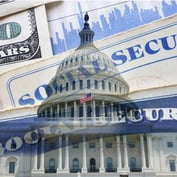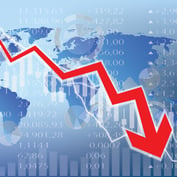Who should lead Brazil, Dilma Rousseff or Marina Silva? Which of the two frontrunners in the October 5 presidential elections will do what it takes to turn Brazil around and pull one of the most important economies of the emerging market world from the slump it’s been in over the past few years?
For investors who have been down on Brazil in the tenure of current president Rousseff, the pendulum seems to be swinging in favor of Silva, a former environment minister who came into the limelight in August after presidential hopeful Eduardo Campos and environmental party candidate died in a plane crash. Silva has outlined a market-friendly plan that both businesses on the ground in Brazil as well as foreign investors believe will spur productivity and encourage investment, both of which seriously tailed off under Rousseff.
“Rousseff has overseen a period of the weakest economic growth under any Brazilian president since the early 1990s,” said Neil Shearing, chief emerging markets economist at Capital Economics in London.
Although Brazil has been impacted to a large extent by the global slowdown, in particular in the commodities space, several policies undertaken by the Rousseff administration have also contributed largely to its economic woes, Shearing said. Inflation has risen and the public sector budget deficit has grown. Certain policy decisions have negatively impacted industries like utilities and though Rousseff had hinted at helping the ailing Petrobras (Brazil’s state-owned oil company), which is losing a lot of money from importing refined products, that did not come through, and the overall uncertain environment has held back investment spending in Brazil, both domestically as well as from overseas.
“Our reading is pretty grim, whichever way you look at it,” Shearing said. “We’ve seen unemployment remain low in Brazil and no signs of deflation, which means that the slowdown has been less painful, but more importantly, it means that the remedies needed are more difficult to achieve.”
Brazil needs a holistic overhaul, Shearing said, an intense program of structural reforms that would address a range of issues and kickstart economic growth. Whether Silva is capable of that remains to be seen and for now, the race is extremely tight, meaning that the election will in all likelihood go into a second round on October 26th.
Here’s how some Brazil watchers anticipate the possible outcomes of the presidential election:








 September 29, 2014 at 09:20 PM
September 29, 2014 at 09:20 PM










